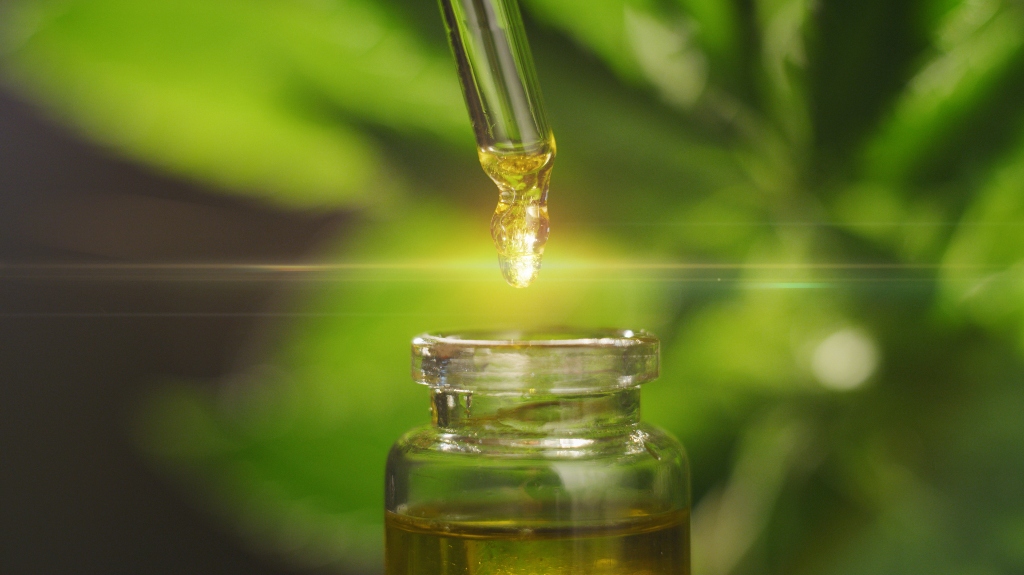
If you use or sell medical marijuana in the state, there are strict testing requirements. Patients who benefit from these products need to know they are safe, effective, and have the proper dosage. For that reason, rigorous testing protocols are in place to achieve this goal. Not only does testing determine the potency of the product, but they ensure the cannabis remains legally compliant under the law.
Whether you are a patient or a medical marijuana-based business, you need to know about Oklahoma’s cannabis testing requirements.
Testing Requirements
The state is very strict about the potency of all medical marijuana products. Whether they are gummies, edibles, or oils, they need to be tested to determine their cannabinoid content.
Patients need access to accurate dosage information, while businesses require the proper label for their products. These tests will measure the exact levels of cannabinoids, such as THC (tetrahydrocannabinol) and CBD (cannabidiol).
While patients are allowed to use these products, there are restrictions. They can only possess:
- Concentrated marijuana, such as extracts or oils, is limited to 1 ounce (28 grams).
- Edible marijuana products can be up to 72 ounces (2,000 grams).
Without accurate testing, individuals could be in violation of the laws, which can result in fines, license revocation, or criminal charges. Accurate testing helps prevent unintentional violations.
Other Testing
Along with the potency of the cannabinoids, tests can help determine whether the product is safe for consumption. For example, many laboratories check for harmful bacteria, molds, and other microorganisms that could pose health risks. If a patient with a compromised immune system uses these contaminated products, it could lead to serious health risks.
Some solvents or residues may remain in the product during the extraction process. Testing can help determine that all medical marijuana products are free from these contaminants.
Unfortunately, lead, arsenic, and mercury can build up in cannabis plants. These metals are toxic to everyone, especially those who are already suffering from illnesses. Once again, testing can help ensure that all cannabis products are safe from harmful metals.
Adhering to Licensing and Compliance Guidelines
The Oklahoma Medical Marijuana Authority sets stringent standards for growers and processors. Throughout the year, they must submit batch samples of their product to licensed testing facilities. During this stage, the lab analyzes the samples to ensure their safety and compliance with the OMMA standards.
However, there are a few rules regarding batch sizes for testing. These batches cannot exceed more than 10 pounds, and they need to be representative of the entire product. A smaller sample can provide more accurate results than larger batches.
Growers and resellers must make sure that their product is tested in a licensed facility. Any laboratories or licenses with an expired license cannot test these products. In fact, it is a crime to perform unlicensed testing in the state.
If any of these products do not meet the safety standards in the state, they cannot be sold or distributed. Anyone who ignores these requirements will violate the state’s cannabis laws.
Accurate testing holds dispensaries and growers accountable. If they sell or produce subpar products, legal consequences may follow.
Stay Compliant in Oklahoma
Cannabis testing in Oklahoma is an integral part of the state’s medical marijuana control measures. By adhering to these requirements, the OMMA makes sure that all medical marijuana products meet quality standards.
Along with that, patients will know that they are using only the highest quality products. Plus, sellers and growers can have confidence that their product meets these standards. Maintaining these high testing standards remains a priority in the state.
If you have any questions about Oklahoma’s cannabis testing requirements or have any other medical marijuana-related inquiries, please reach out to us. Schedule a consultation with Brune Law Firm today. Contact us or call (918) 372-3021.

